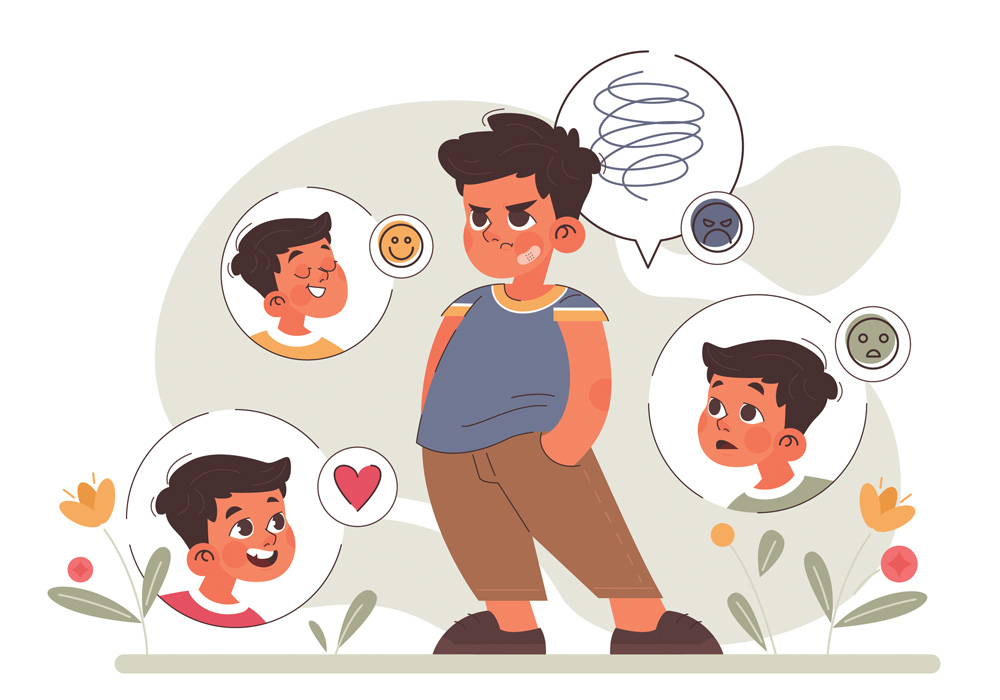Parents tend to praise their children kindly every time they mind their manners or demonstrate a success (e.g., when they walk for the first time, try something new, eat all their food, behave, etc.). On the other hand, when it comes to setting restraints and teaching basic social precepts of behavior and politeness, they often admonish them, which is without doubt healthy, essential, and beneficial. However, if parents constantly and with no obvious reasons scold their children, becoming particularly strict or distant, or frequently resort to punishment as a method of edification, then kids may start dealing with feelings of fear, insecurity, or inferiority. As a result, children may put an endless effort into becoming perfect to receive all the love and affection they crave from their parents. This is how the “good child syndrome” develops, which can potentially become a barrier to children’s healthy and integrated psycho-emotional development.
The characteristics of a “good child”
Usually, children dealing with the “good child syndrome”:
- Try hard to meet their parents’ expectations.
- Find it hard to recognize and embrace their own, personal feelings.
- Hesitate to follow their instincts.
- Behave more like adults, taking on roles and responsibilities that are not compatible with their age, thereby seeking approval.
- Act after receiving their parents’ approval or consent, expressing lack of spontaneity, carelessness, and childishness.
- Feel afraid to share their feelings or speak up about their ‘mistakes’, trying hard not to disappoint their parents.
It becomes obvious that children with this syndrome try hard to be perfect and always behave properly, consequently ignoring their own desires. All this effort slowly yet gradually becomes a habit, a usual behavior that may follow them even to their adulthood, thus leading to constant neglect of their personal needs and inability to frame a strong, personal identity.
How can it be addressed?
To prevent or avoid the “good child syndrome”, all experts argue and consult parents to encourage their children to:
Express their opinion: Children, from a really young age, should understand and respect that it is perfectly acceptable to disagree with someone else’s opinion and – similarly – it is perfectly acceptable for others to disagree with their own beliefs. There is no need to express dissent in a harsh or rude manner. However, disagreeing does not mean insulting. Everyone is free to have their own point of view, even if they agree or disagree with something or someone, as long as the opinion is expressed with respect and civility.
Set boundaries and defend them: Not all people are compatible with each other, nor do they think, anticipate, react, or live in the same way. This is why children should not feel bad or try to please everyone. It is essential to feel free to express their love and respect, as essential it is to express their displeasure and set limits. Acting this way, they will receive respect in return and build their self-esteem.
Try new things: Parents should encourage children to be open, flexible, and courageous. They should support them to discover their talents or weaknesses and motivate them to take steps towards overcoming their fears.
Be kind to themselves: Undoubtedly, some people tend to be highly critical and harsh with themselves. For this reason, it is important for children to be taught to recognize their mistakes, assuming the responsibility and consequences of their actions, while at the same time treating themselves just the way they would treat a loved one· by showing understanding, respect and love.

